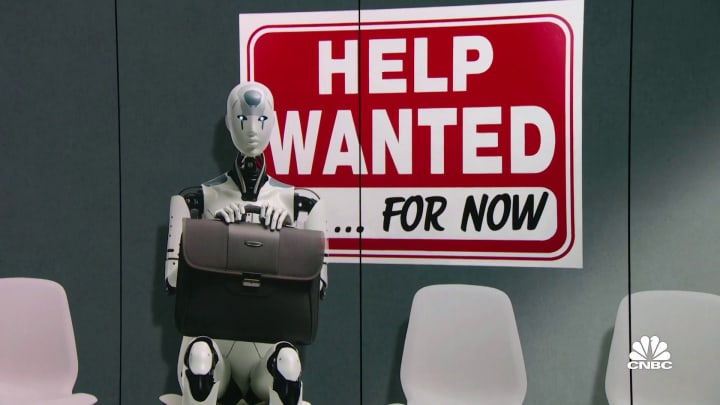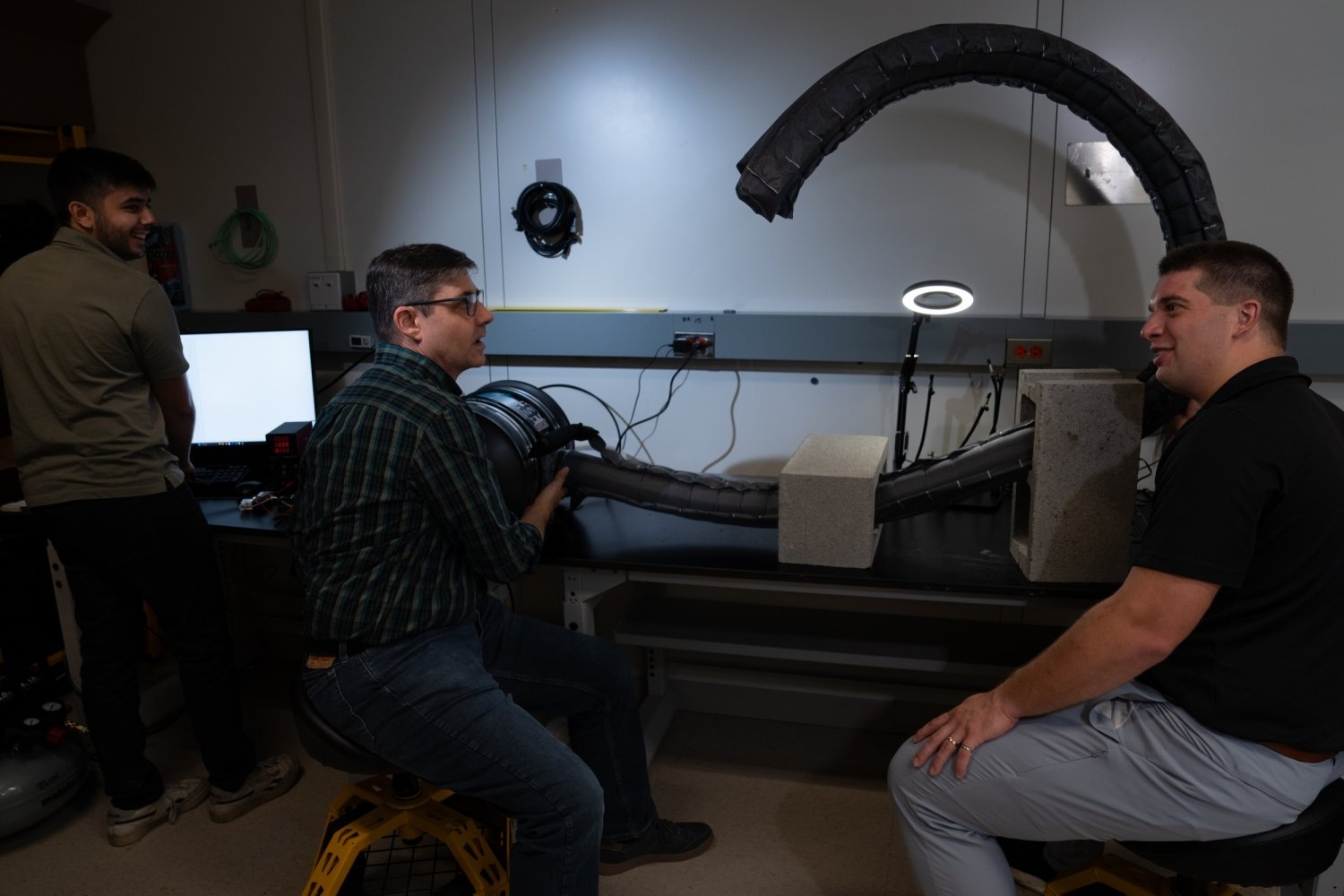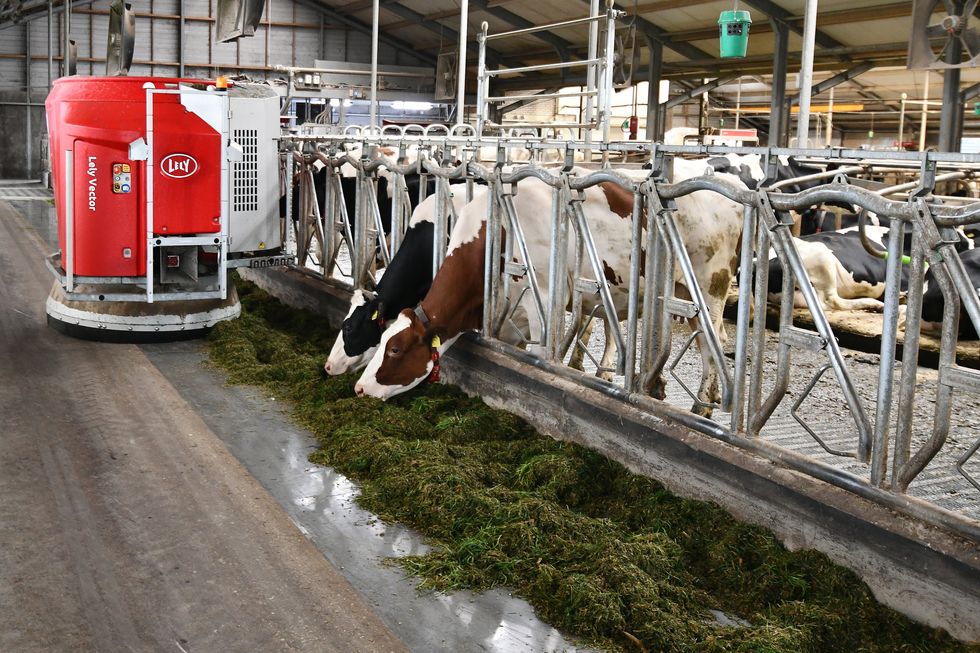The rapid advancement of robotics and automation is reshaping the manufacturing industry. While there are concerns about job displacement, emerging evidence suggests a more nuanced impact on employment. This article delves into how robotics in manufacturing is transforming job roles, based on insights from recent reports and studies.
Robotics and Job Roles in Manufacturing
A report by Shoplogix highlights the significant influence of robotics on manufacturing jobs. According to their findings, the adoption of robotics is set to revolutionize job roles within the sector. The report estimates that robotics could automate up to 25% of manufacturing jobs globally by 2030. This shift towards automation is driven by the need for increased efficiency, precision, and cost savings in production processes.
Automation and Job Displacement: A Balanced View
Contrary to fears of widespread job losses, a CNBC article emphasizes a balanced perspective on the impact of automation. While acknowledging that automation could reduce the number of traditional manufacturing jobs, the article points out that employment opportunities will grow in the robotics industry itself. This includes roles in robot design, programming, maintenance, and operation. As the demand for skilled workers in these areas rises, the job market is expected to evolve, creating new career paths for those willing to adapt.
The Role of Collaborative Robots (Cobots)
An emerging trend within the robotics industry is the rise of collaborative robots, or cobots. Unlike traditional industrial robots, cobots are designed to work alongside human workers, enhancing productivity and safety. Cobots are equipped with advanced sensors and artificial intelligence, allowing them to perform tasks that require a combination of human dexterity and robotic precision.
Cobots are particularly beneficial in environments where repetitive or dangerous tasks are prevalent. By taking over these tasks, cobots free up human workers to focus on more complex and creative aspects of production. This collaborative approach not only boosts efficiency but also helps retain jobs by augmenting human capabilities rather than replacing them.
Long-term Job Creation Through Robotics
Research covered by The Robot Report supports the notion that robotics can create jobs in the long term. The study found that although automation may initially lead to job displacement, it ultimately fosters job creation. This is attributed to the increased productivity and economic growth driven by robotics, which in turn generates new industries and employment opportunities. The study underscores the importance of investment in education and training to equip the workforce with the skills needed to thrive in a robotics-driven economy.
Preparing for the Future
To maximize the benefits of robotics in manufacturing, it is crucial to focus on education and workforce development. By investing in training programs and upskilling initiatives, workers can transition into new roles that leverage their expertise in a technologically advanced environment. Companies and policymakers must collaborate to ensure that the workforce is prepared to meet the demands of a rapidly evolving industry.
Conclusion
The integration of robotics in manufacturing presents both challenges and opportunities. While there is potential for job displacement, the long-term outlook suggests that robotics will create new job roles and industries. The introduction of cobots further emphasizes the collaborative potential between humans and machines. By embracing automation and investing in workforce development, the manufacturing sector can achieve sustainable growth and innovation.
Stay ahead of the curve by exploring how robotics and cobots can transform your business and workforce, and prepare for a future where technology and human expertise go hand in hand.
How useful was this post?
Click on a star to rate it!
Average rating 4.9 / 5. Vote count: 7
No votes so far! Be the first to rate this post.
We are sorry that this post was not useful for you!
Let us improve this post!
Tell us how we can improve this post?





